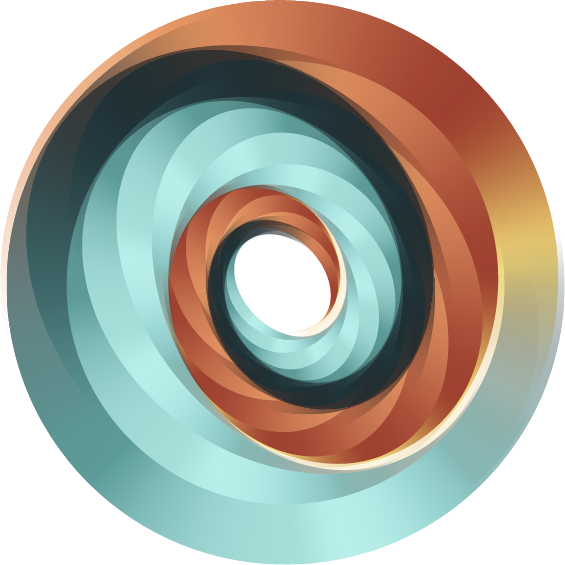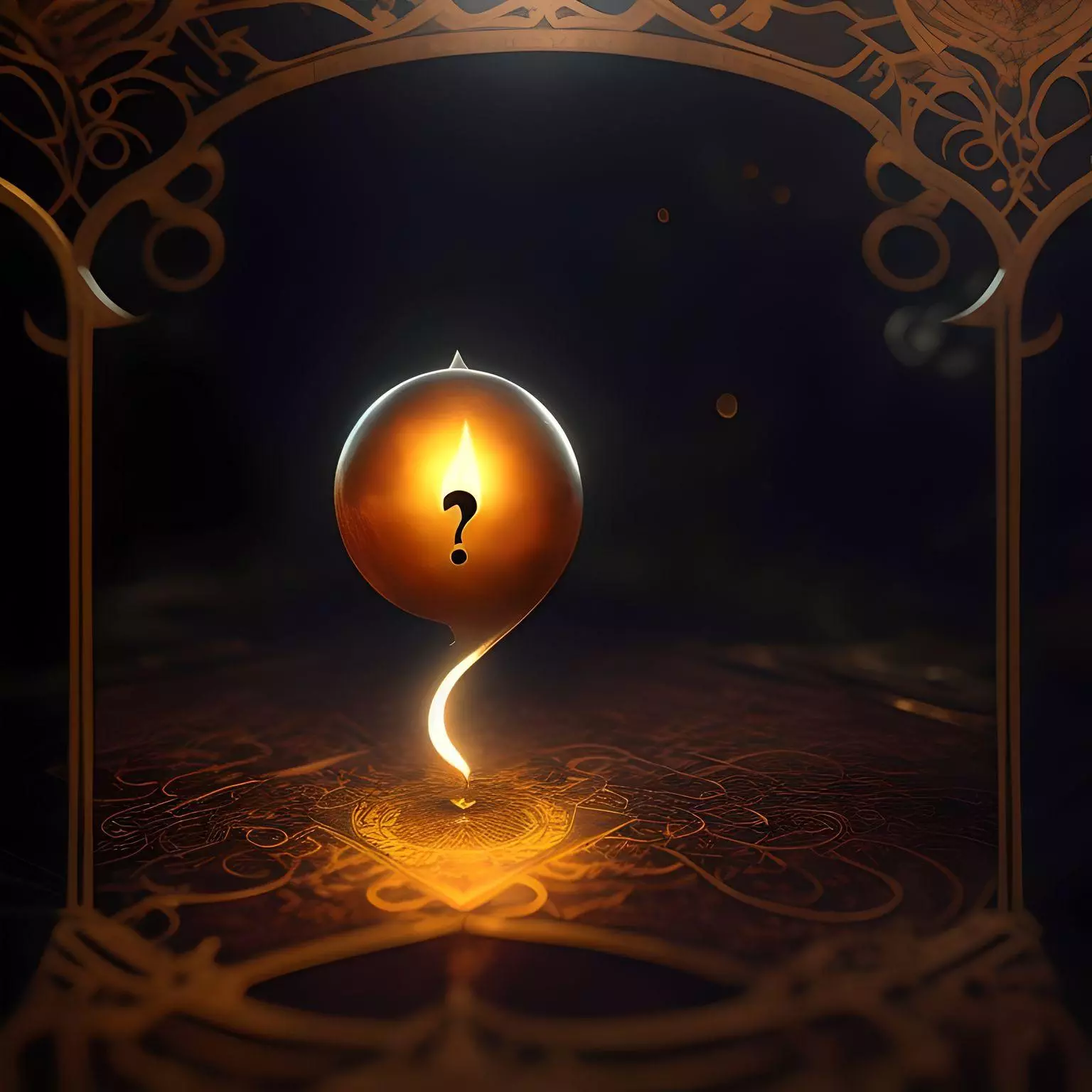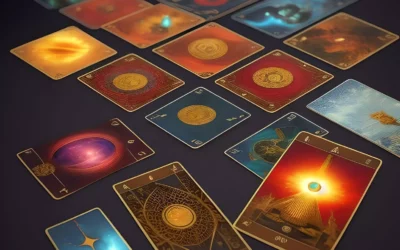Greetings, dear readers. Today, I want to explore a question that has been long debated: Are tarot readings accurate? During my life, I have encountered many individuals who have sought out tarot readings for guidance and insight into their lives. However, with so many varying opinions and experiences, it can be challenging to determine whether tarot readings are actually accurate and reliable.
In this article, I will examine the factors that influence tarot readings’ accuracy, the misconceptions surrounding them, and how to find a skilled and trustworthy reader. I will also address the importance of personal responsibility and the role of intuition in the reading process. So, let’s dive in and explore this mystical realm of tarot readings together.
Key Takeaways:
- Tarot readings’ accuracy has been questioned and debated, making understanding what influences their accuracy essential.
- The misconceptions surrounding tarot readings can create a biased perspective, making it challenging to approach the reading process with an open mind.
- Finding a trustworthy and skilled reader is essential to ensure the accuracy of tarot readings.
- Personal responsibility and intuition play a crucial role in the tarot reading process and can impact the reading’s accuracy.
Understanding Tarot Readings
Before exploring the accuracy of tarot readings, it is essential to understand what they are and how they work. Tarot readings involve the use of a deck of 78 cards, each with its own imagery and symbolism. During a reading, a tarot reader shuffles the cards and lays them out in a specific pattern, such as the Celtic Cross or the Three-Card Spread.
Each tarot card represents a different aspect of life, ranging from love and relationships to career and personal growth. The reader interprets the cards’ meanings based on their position within the spread and their relationship to each other.
Accuracy in tarot readings requires a thorough understanding of the cards and their symbolism. The reader must be skilled in interpreting the imagery and tapping into their intuition to provide meaningful insights. Meanwhile, the client needs to be open and receptive to the messages conveyed by the cards.
The Role of Intuition in Tarot Readings
While the interpretation of tarot cards relies heavily on symbolism and traditional meanings, intuition plays a crucial role in providing accurate readings. Tarot readers use their intuition to connect with the client’s energy and vibrations and gain insight into their current situation and potential future outcomes.
Intuition allows the reader to pick up on subtle cues and messages that may not be apparent from the cards alone. It also enables them to identify any unconscious biases or projections that could influence their interpretation.
Similarly, clients are encouraged to trust their intuition when reflecting on the insights gained from a tarot reading. They should consider how the messages resonate with their innate sense of truth and use their intuition to guide their decision-making processes.
Factors influencing accuracy
Accurate tarot readings rely on several factors that can impact the quality and relevance of the insights gained. In anticipation of this article, I have researched and studied the art of tarot reading extensively, and I have found that various elements can influence the accuracy of tarot readings.
1. Reader’s experience and expertise
The reader’s level of experience and expertise can significantly impact the accuracy of tarot readings. A skilled and experienced tarot reader can not only interpret the cards’ meanings accurately but also provide relevant insights and guide the client towards effective decision-making.
2. Client’s mindset
The client’s mindset is another critical factor that can affect the accuracy of tarot readings. To receive accurate readings, clients must approach the reading with an open mind, avoiding expectations, and letting go of any preconceptions. Being receptive to the reader’s insights and willing to reflect on the cards’ meanings can help clients gain meaningful and personalized insights.
3. Quality of the tarot deck
The quality and energy of the tarot deck can also have an impact on the accuracy of readings. A well-cared-for deck with positive energy can create a conducive environment for accurate readings, while a damaged or negative deck can disrupt the reading process and potentially lead to inaccurate insights.
By considering these factors, both the reader and client can work together to ensure the accuracy of the reading. As a journalist with a passion for tarot reading, I believe that seeking out the best tarot readers and approaching the readings with an open mind can lead to accurate and meaningful insights.
Online tarot readings
With the increasing availability of online tarot readings, it’s important to consider their accuracy. While online readings offer convenience and accessibility, they also come with limitations that can affect their reliability.
The qualifications and experience of the reader can impact the accuracy of an online reading. It’s essential to research the reader’s credentials, reviews, and testimonials to ensure their capacity to provide accurate readings. Additionally, technological factors, such as the quality of the video conference, audio, or chat platform, can affect the reading quality and clarity.
Client feedback is another critical factor in evaluating the accuracy of online tarot readings. It’s essential to consider the number of positive reviews and ratings and the consistency of the feedback in assessing the reader’s reliability.
The limitations of online tarot readings
Despite their advantages, online readings have limitations compared to in-person readings. The physical distance between the reader and client can affect the energy and connection required for accurate readings. Additionally, technical glitches or interruptions can disrupt the flow of the reading and affect the accuracy of the interpretations.
However, for those who don’t have access to in-person readings or prefer the convenience of online options, it’s still possible to find reliable and accurate readers. By taking the precautions and doing the research to verify the reader’s qualifications and client feedback, clients can enhance their chances of receiving an accurate reading online.
Finding an Accurate Tarot Reader
When seeking a tarot reading, the accuracy of the reading is heavily reliant on the reader’s expertise and experience. It’s crucial to find a reliable and accurate tarot reader to ensure a meaningful experience. Here are a few suggestions for finding the right reader:
- Research reader reviews: Before booking a reading, take some time to research the reader’s reviews online. Look for reviews that highlight the reader’s accuracy, professionalism, and empathy towards clients.
- Check credentials: Many professional tarot readers hold certifications or have completed training courses to develop their skills. Check if the reader you’re interested in has any certifications or qualifications that attest to their expertise.
- Seek recommendations: If you have friends or family members who have had positive experiences with a tarot reader, ask them for a recommendation. Personal recommendations are often more reliable than online reviews.
Ultimately, finding an accurate tarot reader is about trusting your instincts and finding a reader who resonates with you. Don’t be afraid to ask the reader questions about their experience, methods, and approach to readings before booking a session. Remember that the reader’s expertise is only one part of the equation – your own mindset and openness to the reading also play a significant role in the accuracy and value of the experience.
Personal responsibility in tarot readings
When seeking tarot readings, it’s important to remember that accuracy is not solely the responsibility of the reader. As the client, you also play a crucial role in the reading’s accuracy.
Firstly, it’s important to approach the reading with an open mind and willingness to receive guidance. Resist the urge to control the outcome or seek validation for specific desires. Instead, be open to insights and guidance from the cards, even if it’s not what you want to hear.
Additionally, self-reflection and introspection are key to gaining accuracy and meaning from a reading. Take time to reflect on the insights gained and how they apply to your life. Consider how you can incorporate the guidance into your daily actions and decisions.
Remember, tarot readings are not a passive experience. They require active participation from both the reader and client for accuracy and meaningful results.
The role of intuition in accuracy
As a professional tarot reader, I believe that intuition plays a vital role in delivering accurate readings. Intuition is the ability to understand something instinctively, without the need for conscious reasoning. In tarot reading, it’s the intuitive connection between the reader, the client, and the cards that can provide the most meaningful and insightful results.
Intuition helps the reader interpret the cards beyond their traditional meanings and connect them with the client’s unique situation. It allows the reader to pick up on subtle nuances and energies that may not be explicitly represented in the cards. For example, a seemingly positive card may hold a negative message in a particular reading, and only intuition can bridge that gap.
On the other hand, the client’s openness to their intuition during the reading can significantly impact the accuracy of the results. When clients are open and receptive to the insights gained, their intuition can guide them towards making positive changes and decisions in their lives.
However, it’s important to note that intuition alone does not make for accurate readings. The reader’s experience, knowledge, and understanding of the cards are equally important, and intuition should only complement these factors.
“Intuition is a vital tool in tarot reading, but it needs to be coupled with knowledge and experience to deliver accurate results”
Common misconceptions about tarot readings
Before we conclude, I want to address some of the most common misconceptions about the accuracy of tarot readings. Despite its growing popularity, tarot still faces its fair share of skepticism and misunderstandings, so it’s essential to separate fact from fiction.
- Tarot readers can predict the future. While tarot cards are a powerful tool for gaining insights and guidance, they do not offer a crystal ball view of the future. Instead, they provide potential outcomes based on your current energy and circumstances.
- Tarot readings are always accurate. Although the goal of every tarot reading is to provide helpful and meaningful guidance, sometimes the cards’ messages can be unclear or misinterpreted. The reader’s intuition, along with the client’s openness and focus, are essential factors that impact the accuracy of the reading.
- Only gifted psychics can read tarot. While some readers possess innate psychic abilities, anyone can learn to read tarot with practice and dedication. Tarot is a tool that relies on intuition, connection, and interpretation, rather than otherworldly gifts.
- Tarot readings are a substitute for professional advice. While tarot can be a valuable resource for gaining insights and clarity, it should not replace qualified professional advice. If you’re dealing with significant life changes or mental health concerns, it’s crucial to seek help from a licensed therapist or medical practitioner.
By understanding the realities of tarot, you can approach your readings with an open mind and clear expectations. Remember that the ultimate goal of tarot is to provide insights and guidance that help you make informed decisions and foster personal growth.
Seeking validation from tarot readings
As I’ve mentioned earlier, tarot readings can provide powerful insights and guidance in our lives. It’s natural to seek validation and confirmation from external sources, especially when we’re facing life-changing decisions or experiencing confusion and uncertainty.
However, when we solely rely on tarot readings for validation, we risk becoming dependent on external sources rather than trusting our own intuition and inner guidance. Remember that tarot readings are not a substitute for personal responsibility, and they can only offer guidance and suggestions.
Instead of seeking absolute validation from tarot readings, try to approach them as a tool for self-reflection and self-awareness. Consider the insights gained from the reading as potential options rather than definite solutions, and trust your own intuition and decision-making abilities to make the best choice for yourself.
Honoring personal interpretation
While seeking a professional tarot reading is valuable, it’s important to remember that your personal interpretation of the cards is just as significant. Trusting your intuition and insights can enhance your understanding of the reading and provide deeper meaning to the messages received.
When working with a tarot reader, remember that they are providing their interpretation of the cards based on their understanding and experience. However, your own connection to the cards and your personal experiences can offer a unique perspective and add depth to the reading.
After receiving a reading, take time to reflect on the messages and insights gained. Consider journaling about the symbols, images, and meanings that stood out to you, and reflect on how they relate to your current situation or questions.
The truth about tarot readings’ accuracy
After exploring the various factors that can influence the accuracy of tarot readings, it’s time to answer the big question: Are tarot readings accurate? The short answer is yes and no.
Accuracy is not black and white
Accuracy in tarot readings is not a binary concept, meaning it’s not simply a matter of being either accurate or inaccurate. Tarot readings involve human interpretation, and interpretation is subject to individual perspective and biases.
Seeking a skilled reader is crucial
That being said, finding a skilled tarot reader increases the likelihood of receiving an accurate reading. A skilled reader has a depth of knowledge in tarot and can provide insights that are relevant and meaningful. Therefore, it’s essential to research and seek out skilled readers to increase the accuracy of readings.
Personal responsibility is also crucial
However, the accuracy of tarot readings also depends on personal responsibility. A client’s openness, self-reflection, and ability to integrate the insights gained play a significant role in the reading’s accuracy. It’s essential to approach the reading with an open mind and be actively involved in the process to achieve accurate and meaningful insights.
Validation is not the end goal
It’s also crucial to recognize that seeking external validation should not be the sole purpose of tarot readings. While it’s natural to desire validation, tarot readings should ultimately serve as a tool for personal growth and understanding. Trusting personal interpretation and insights gained is just as important as seeking the guidance of a skilled reader.
In conclusion, tarot readings can be accurate, but accuracy is not a black and white concept. Finding a skilled reader is crucial, but personal responsibility and trust in personal interpretation are equally important. Tarot readings should serve as a tool for personal growth and understanding rather than solely seeking external validation.
FAQ
Q: Are tarot readings accurate?
A: Tarot readings can be accurate when conducted by skilled and experienced readers.
Q: Understanding tarot readings
A: Tarot readings involve the interpretation of tarot cards to gain insights and guidance.
Q: Factors influencing accuracy
A: The accuracy of tarot readings can be influenced by the reader’s expertise, the client’s mindset, and the quality of the tarot deck.
Q: Online tarot readings
A: Online tarot readings can be accurate, but it is important to consider the qualifications of the reader, technology used, and client feedback.
Q: Finding an accurate tarot reader
A: To find an accurate tarot reader, research reader reviews, check their credentials, and seek recommendations from others.
Q: Personal responsibility in tarot readings
A: Accuracy in tarot readings also depends on the client’s openness, self-reflection, and ability to integrate the insights gained.
Q: The role of intuition in accuracy
A: Intuition plays a significant role in accurate tarot readings, influencing the reader’s interpretation and the client’s connection to their own intuition.
Q: Common misconceptions about tarot readings
A: There are common misconceptions surrounding the accuracy of tarot readings, and it is important to approach tarot with an open mind.
Q: Seeking validation from tarot readings
A: While seeking validation is natural, it is important to maintain a balanced perspective and not rely solely on external validation from tarot readings.
Q: Honoring personal interpretation
A: Personal interpretation is significant in tarot readings’ accuracy, and it is important to trust your own insights and understanding of the cards.
Q: The truth about tarot readings’ accuracy
A: Tarot readings can be accurate when conducted by skilled readers, and it is essential to maintain a balanced perspective and actively participate in the reading process for accurate and meaningful results.




